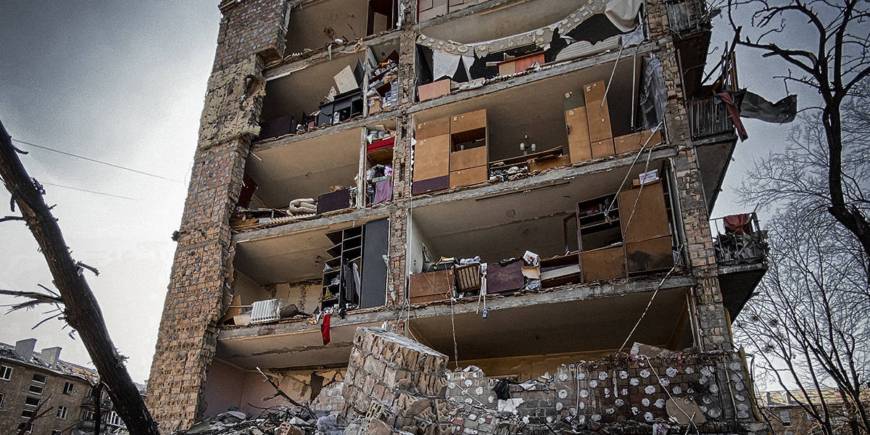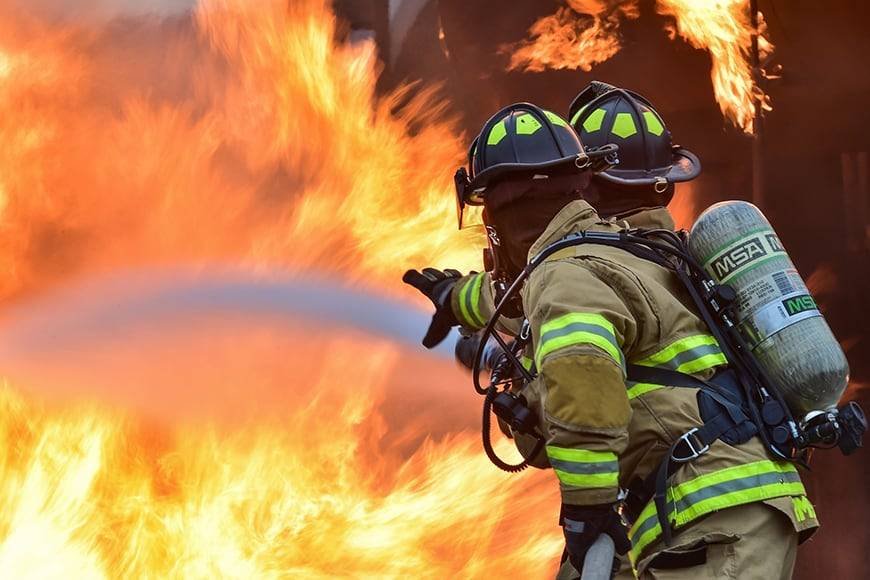You no doubt have insurance coverage for your home and contents, whether you live in a single-family house, a suite in a house, townhouse, condominium, or high-rise apartment tower; whether you rent or own. Depending on where your home is located, what your situation is, and numerous other factors, you need to consider adding optional coverage for unusual, unexpected losses. Below are some of the most common types of additional insurance that you should consider.
Short-term or Long-term Rental Insurance
If you own a home or rental property and are already or are considering renting all or part of the house for long or short periods of time, you must purchase the appropriate insurance. Some insurance companies allow you to add a short-term rental endorsement to your homeowner insurance policy, but have restrictions or limitations to qualify for the additional coverage.
Earthquake Coverage
Regions of British Columbia, especially along the coast, are at risk of a major earthquake. People living in these areas need to be prepared. An important component of being prepared is having the appropriate earthquake insurance to cover loss and damage to property and contents, should an earthquake occur. In a standard home insurance policy, earthquake coverage is not included and must be purchased as an addition to an existing homeowner, condo, or tenant policy. As you might expect, the deductible is higher than most other types of additional insurance.

Photo by Gabriel Hohol from Pexels
Overland Insurance
This is the newest type of additional insurance for homeowners and renters to protect against damage caused by “overland water” which includes sudden accumulation from heavy rain, spring runoff, and overflows from lakes and rivers. Even if you don’t live close to a river, lake, or any other body of fresh water, you are still at risk from water damage caused by rainfall or rainwater. Overland water insurance covers damage from fresh water only. At this time, damage caused by salt water from occurrences such as a tsunami or tidal wave, is not insurable.
Bylaw Coverage
If your municipality’s building code has changed since your home was built, and you must repair or rebuild to current code requirements after an insured loss to your home, bylaw insurance will cover the additional costs. Many homeowner or renter insurance policies may limit or even exclude coverage for losses arising from bylaws that affect repair or reconstruction of a damaged building.
Legal Expenses Coverage
If your insurance policy does not cover legal or information technology (IT) expenses resulting from an insured loss, you need to consider this type of additional coverage. Although these coverages can vary from company to company, these legal or IT expenses might include legal information service, identity theft, cyber protection, and consumer disputes.
Additional Living Expenses Coverage
Most homeowner and tenant policies include additional living expenses coverage, but you need to make sure the coverage is adequate. Consider that the coverage comes into effect when your claim is accepted and you cannot live in your home while the repairs are being made and continues until your coverage limit is reached. At that point, the payments stop. When the loss is significant, for example a fire that completely destroys your home, you might have to live elsewhere for months or even years.
Call Your Murrick Group Insurance Agent
Review your homeowner or renter insurance coverages and limits with your Murrick Group insurance agent to make sure you have the coverage you need. Don’t wait until your home insurance policy is due for renewal.




